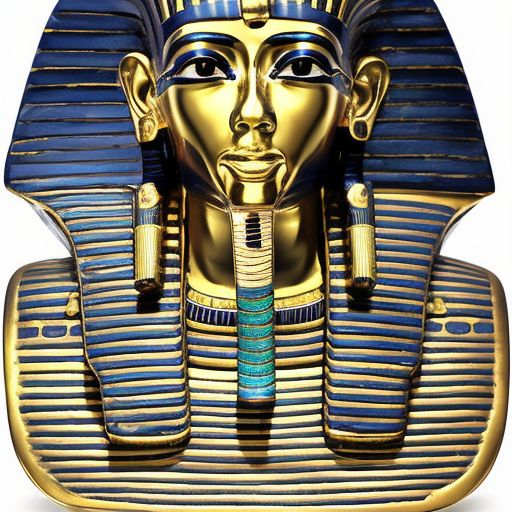|

|
|
|
Superficially, war seems inordinately cruel and wasteful, and yet it must be plain on reflection that the natural evolutionary process is quite as cruel and even more wasteful. Man's chief efforts in times of peace are devoted to making that process less violent and sanguinary. Civilization, indeed, may be defined as a constructive criticism of nature, and Huxley even called it a conspiracy against nature. Man tries to remedy what must inevitably seem the mistakes and to check what must inevitably seem the wanton cruelty of the Creator. In war man abandons these efforts, and so becomes more jovian. The Greeks never represented the inhabitants of Olympus as succoring and protecting one another, but always as fighting and attempting to destroy one another. No form of death inflicted by war is one-half so cruel as certain forms of death that are seen in hospitals every day. Besides, these forms of death have the further disadvantage of being inglorious. The average man, dying in bed, not only has to stand the pains and terrors of death; he must also, if he can bring himself to think of it at all, stand the notion that he is ridiculous.... The soldier is at least not laughed at. Even his enemies treat his agonies with respect.
|
|
A civilized man's worst curse is social obligation. The most unpleasant act imaginable is to go to a dinner party. One could get far better food, taking one day with another, at Childs', or even in a Pennsylvania Railroad dining-car; one could find far more amusing society in a bar-room or a bordello, or even at the Y. M. C. A. No hostess in Christendom ever arranged a dinner party of any pretensions without including at least one intensely disagreeable person—a vain and vapid girl, a hideous woman, a follower of baseball, a stock-broker, a veteran of some war or other, a gabbler of politics. And one is enough to do the business.
|

|
|
|
It is the misfortune of humanity that its history is chiefly written by third-rate men. The first-rate man seldom has any impulse to record and philosophise; his impulse is to act; life, to him, is an adventure, not a syllogism or an autopsy. Thus the writing of history is left to college professors, moralists, theorists, dunder-heads. Few historians, great or small, have shown any capacity for the affairs they presume to describe and interpret. Gibbon was an inglorious failure as a member of Parliament. Thycydides made such a mess of his military (or, rather, naval) command that he was exiled from Athens for twenty years and finally assassinated. Flavius Josephus, serving as governor of Galilee, lost the whole province to the Romans, and had to flee for his life. Momssen, elected to the Prussian Landtag, flirted with the Socialists. How much better we would understand the habits and nature of man if there were more historians like Julius Caesar, or even like Niccolo Machiavelli! Remembering the sharp and devastating character of their rough notes, think what marvelous histories Bismarck, Washington and Frederick the Great might have written! Such men are privy to the facts; the usual historians have to depend on deductions, rumors, guesses. Again, such men know how to tell the truth, however unpleasant; they are wholly free of that puerile moral obsession which marks the professor.... But they so seldom tell it! Well, perhaps some of them have—and their penalty is that they are damned and forgotten.
|
|
|
|